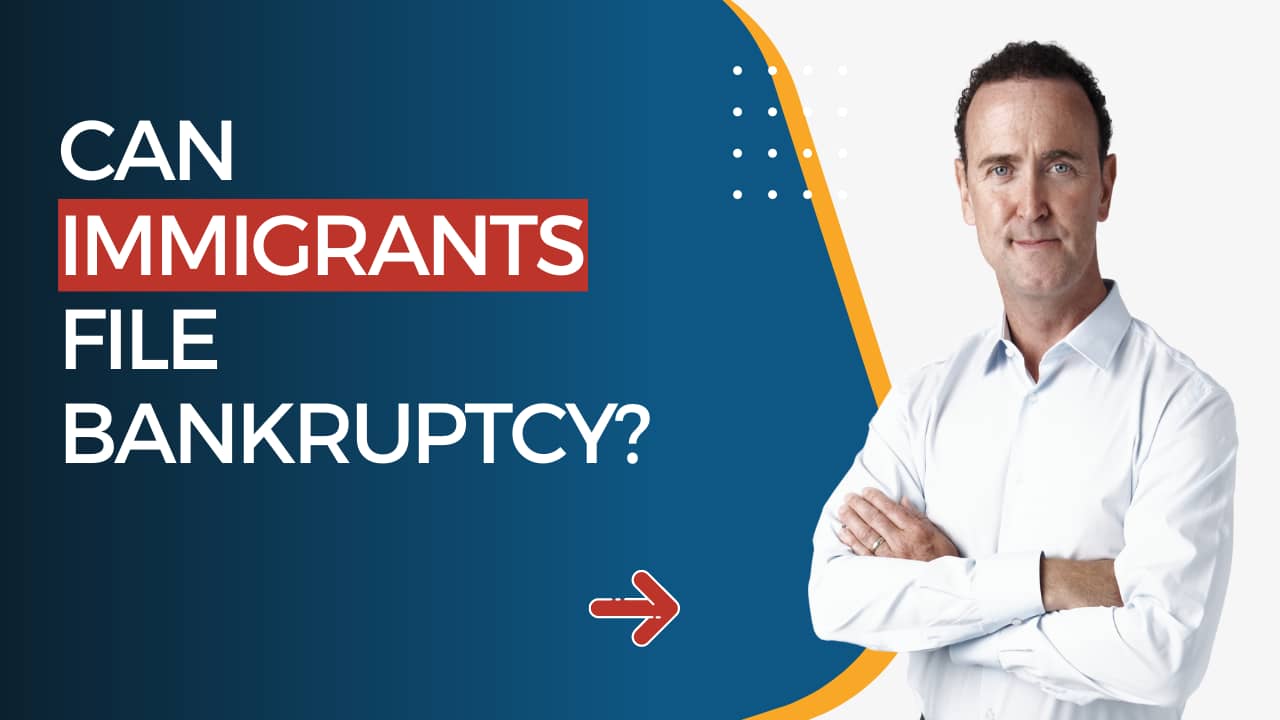If you are contemplating filing bankruptcy, you have probably found yourself swinging wildly between “I can fight my way out of this” and “I sure would like to lay these burdens down.”
What alternatives do I have?
To explore non-bankruptcy alternatives, sit down and make a realistic budget. Include your mortgage and car payments, but don’t include the payments toward any of your other debts.
With the leftover each month after paying your current living expenses from this budget, can you pay off your other debts, in three years or less at their current interest rates?
Don’t use the minimum payments – look at your credit card statement for the box where it says, “if you paid [this much], then your debt would be paid off in 3 years.” That’s the payment you should be working with.
If not, can you reduce your expenses, find a way to increase your income, negotiate lower interest rates, or sell off some of your assets to make that possible?
Don’t touch your retirement savings.
As tempting as it might be to dip into your IRA or 401(k) plans to pay down your debt, stop and take a minute.
Your retirement accounts are generally protected from creditors. It’s tough to build your retirement savings back up once you spend them, plus you could be facing higher income taxes and penalties for early withdrawal. Liquidating your retirement accounts could turn your good intentions to pay off your debt into just swapping credit card debt for tax debt – never a good idea.
Can I get outside help to avoid bankruptcy?
If you find that you cannot pay off your debt within three years under the current account terms, you can contact an established non-profit like Debt Helper.
Debt Helper can help you create a budget and negotiate a plan to repay your debts that might include a reduced interest rate on your existing debt. If you’re participating in a Debt Helper repayment plan, your creditors will likely stop collection actions against you.
Debt Helper repayment plans usually work best if most of your debt is credit card debt.
Problem alert: Debt Helper counselors often exclude your non-dischargeable debt from the repayment plan, which could leave you paying dischargeable credit card debt while your non-dischargeable taxes or delinquent child support aren’t getting paid. This approach can leave you in a worse position than you were before.
What about debt settlement?
You can’t turn on the TV or drive down the highway without seeing ads for debt settlement schemes like “send us payments instead, and we’ll get you a deal with your creditors.” If it sounds too good to be true…this arrangement is designed to play off your desire to pay off your debts in a way that you can afford.
Unfortunately, this plan usually fails. But by the time you have figured this out, the debt settlement company already has your money. You may have spent a lot of money settling with the “easy” creditors, but you’re now stuck with the ones who refuse to negotiate.
Wow. After going over my budget, I guess I should consider bankruptcy.
If you can’t repay your debts in 3 years using the processes outlined above, it’s time to consider bankruptcy. When considering filing versus continuing to struggle, consider the following questions:
- Are you closer in age to retirement than college?
- How many dependents do you have?
- How much debt do you have?
- How much do you have in savings or cash reserves?
- How much of your debt is non-dischargeable?
How do I interpret these answers in terms of filing bankruptcy?
An experienced bankruptcy attorney can go over the answers to these questions with you, to help you make the best decision for yourself and your family. It’s free to chat with me about your options – you can call or text me at 215.551.7109, or drop me a line.









